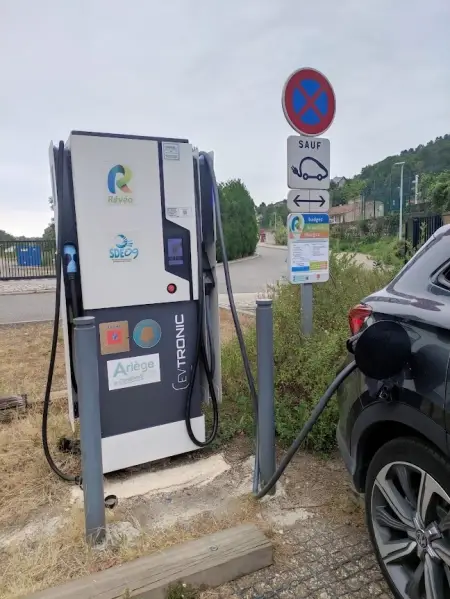
Vehicle buyers today face a significant dilemma when considering their purchasing options: should they opt for an electric car, a hybrid or an internal combustion car? This choice not only involves decisions about performance and driving style, but also encompasses environmental, economic and infrastructure considerations.
At a time when concerns about climate change and sustainability are rising, many consumers are wondering whether the future lies in electric cars, while others may feel more comfortable with the familiarity and convenience of combustion engines.
Exploring this dilemma and understanding the advantages and disadvantages of each option is crucial to making an informed decision aligned with individual needs and aspirations towards a more sustainable future.
Advantages of electric cars
Zero emissions
One of the greatest benefits of electric cars is their contribution to reducing air pollution. By not burning fossil fuels, these vehicles do not emit harmful exhaust gases such as carbon dioxide, nitrogen oxides and fine particles, helping to improve air quality in urban areas.
Energy efficiency
Electric motors are inherently more efficient than internal combustion engines.
This is because they convert more of the battery's energy into motion, thereby reducing energy loss as heat. As a result, electric cars can travel more miles with the same amount of energy compared to gasoline or diesel vehicles.
Lower maintenance cost
Electric cars have fewer moving parts than traditional vehicles, which means less wear and tear and less need for maintenance.
With fewer oil changes, no timing belt, fewer parts subject to wear and fewer mechanical complications, electric car owners often enjoy lower maintenance costs over the life of the vehicle.
Silent and comfortable
Electric motors are remarkably quiet compared to internal combustion engines. This provides a quieter and more comfortable driving experience, especially in urban environments where traffic noise can be overwhelming.
In addition, the vibrations caused by the combustion engine are reduced.
Energy independence
By relying less on fossil fuels, electric cars can help reduce countries' dependence on oil and gas imports. This strengthens energy security and reduces vulnerability to the volatility of oil prices in the international market.
Disadvantages of electric cars
Limited autonomy
Despite advances in battery technology, many electric cars still have limited range compared to gasoline or diesel vehicles. While this may be adequate for most daily commutes, it can pose a serious drawback for long-distance trips or in areas with insufficient charging infrastructure.
Recharge time
Although fast charging infrastructure is increasing, the time required to fully charge an electric car battery is still considerably longer than filling a tank of gasoline.
Although fast chargers exist, the recharging time at stops can significantly lengthen the duration of a long journey.
High initial cost
Despite long-term savings on fuel and maintenance, electric cars tend to have a higher starting price than their gasoline or diesel counterparts.
While government incentives and falling battery costs are making electric cars more affordable, the upfront cost remains a barrier for many consumers.
Infrastructure limitations
Although the network of charging stations is growing, there are still areas where electric car charging infrastructure is limited or non-existent. This may make electric car adoption less practical for those who live in rural areas or who do not have access to residential charging.
Environmental impact of batteries
Although electric cars do not emit exhaust gases during operation, the manufacturing and disposal of the lithium-ion batteries used in these vehicles can have a significant environmental impact. The extraction of minerals to manufacture batteries, as well as the management of waste at the end of their useful life, pose problems in terms of environmental sustainability.